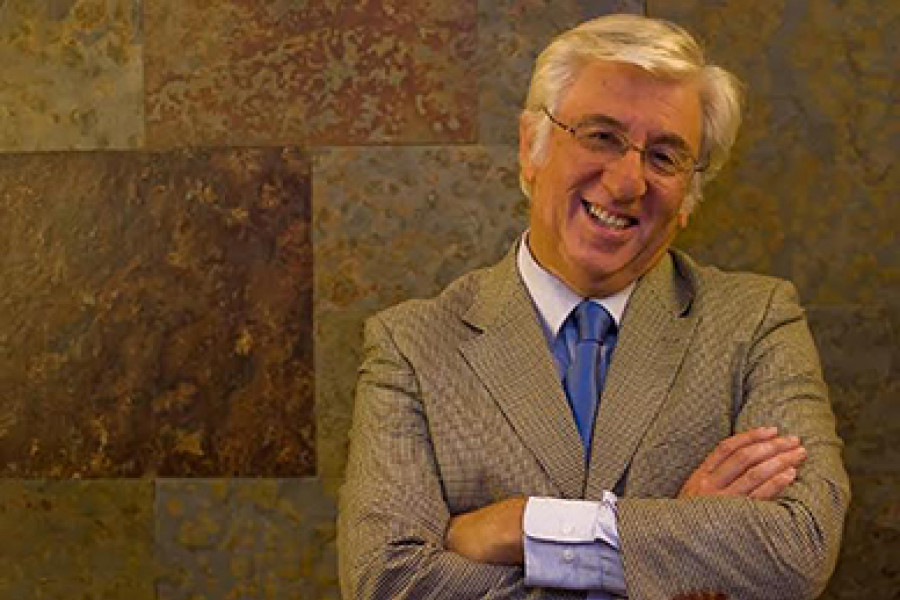Professor Osvaldo García was invited to give a presentation on an organizational self-observation tool, called CLEHES©, to postdoctoral students of Takashi Ikegami Laboratory, an institution specialized in the field of artificial life, at University of Tokyo.
More than ten years ago, Osvaldo García, professor at the Department of Industrial Engineering of Universidad de Santiago, started to develop CLEHES, a tool that intends the individual to generate learning, both at a personal level and at workl, through self-observation and the observation of interactions among human beings and their constituting networks, developing a diagnosis and an organizational design through Body, Language, Emotion, History, Eros and Silence (CLEHES©, its acronym in Spanish).The contribution made by the course given by professor García, called Human Reengineering for Action (Rihpla, its acronym in Spanish), of the Department of Industrial Engineering, together with the academic prominence and prestige of CLEHES, made the publication of this innovative tool to be among the 100 most important international scientific publications in the field. In turn, it called the attention of different institutions that were interested in this emerging and effective technology.For this reason, the professor Takashi Ikegami´s artificial life laboratory at the renowned University of Tokyo, in Japan, contacted professor García and invited him to give a presentation in September 2013 to graduate students at that Asian institution.Professor García explained that, at Takashi Ikegami Laboratory, where the latest advances in robotics are being developed, they had a closed seminar for postdoctoral students and, besides, they explored the applications of CLEHES to the field of artificial life.”“Students there made an effort to evaluate what changes could be made to apply some aspects of CLEHES´ structural dynamics to robot building,” García said. “We even talked about the possibility of generating a CLEHES-Robotics tool in collaboration with our University,” he added.Professor García, an academic at Universidad de Santiago, stressed that, in Japan, robot building “is not approached through aggressive or merely recreational policies. It is considered a contribution to society, for example, to help senior citizens.” Therefore, the social self-observation tool CLEHES would be very useful.Professor García showed himself satisfied with the new possibilities of internationalization and collaborative work with Japanese specialists opened by the research during the Rihpla course and CLEHES, and besides, he highlighted the concept of applied “ortho-discipline”, that is to say, to respect the autonomy of the different specialists involved in a collaborative project.“In the Japanese culture, it takes time to establish collaborative relationships, but even so, we were able to forge significant links with them and also with the Japanese Embassy, where entrepreneurship and innovation are developing valuable bilateral ties,” professor García concluded.CLEHES used by young researchersSusana Gómez, who is doing her dissertation on diagnosis for her Master´s degree in Engineering Sciences using CLEHES technology, said that this innovative tool has been very useful to young students who pursue a specialization in management solutions.“The networks created due to the international prominence of CLEHES have been amazing,” she said.“This is a really new tool for management that is gaining strength and is being put into practice. Japanese specialists have the theoretical knowledge and the laboratories, but they have not put this technology into practice. Here in Chile, we have taken it to companies and schools and we have also applied it in our academic unit both in undergraduate and graduate students,” she saidFor his part, Roberto Álvarez, a student who obtained his Master´s degree in Engineering Sciences by doing his dissertation using CLEHES to solve organizational problems said: “This management tool has been very helpful for my professional career and for working at big companies.”“Besides, studying and applying this meta-discipline has helped us to open opportunities and to differentiate ourselves from other universities’ students,” he concluded.Translated by Marcela Contreras


